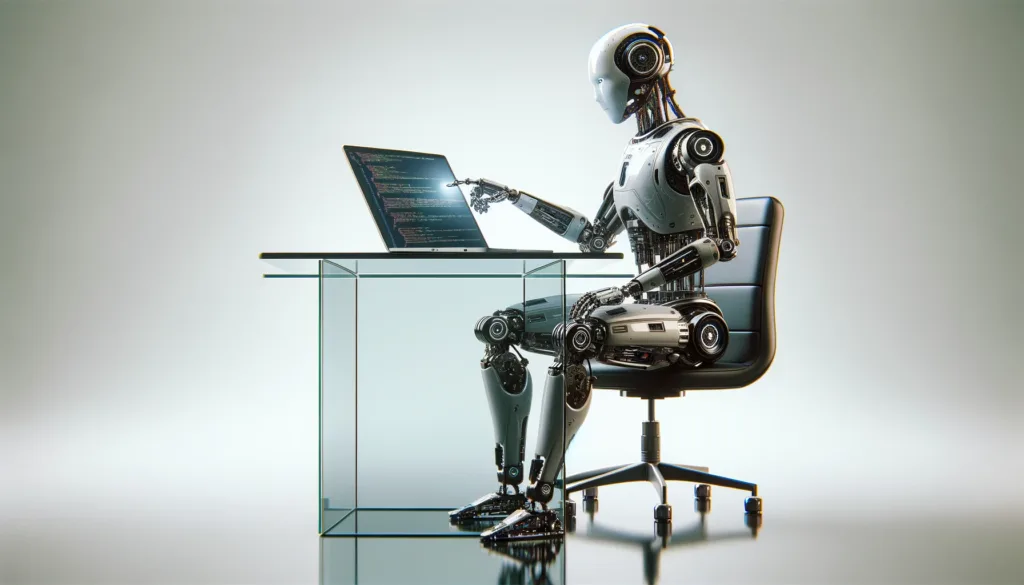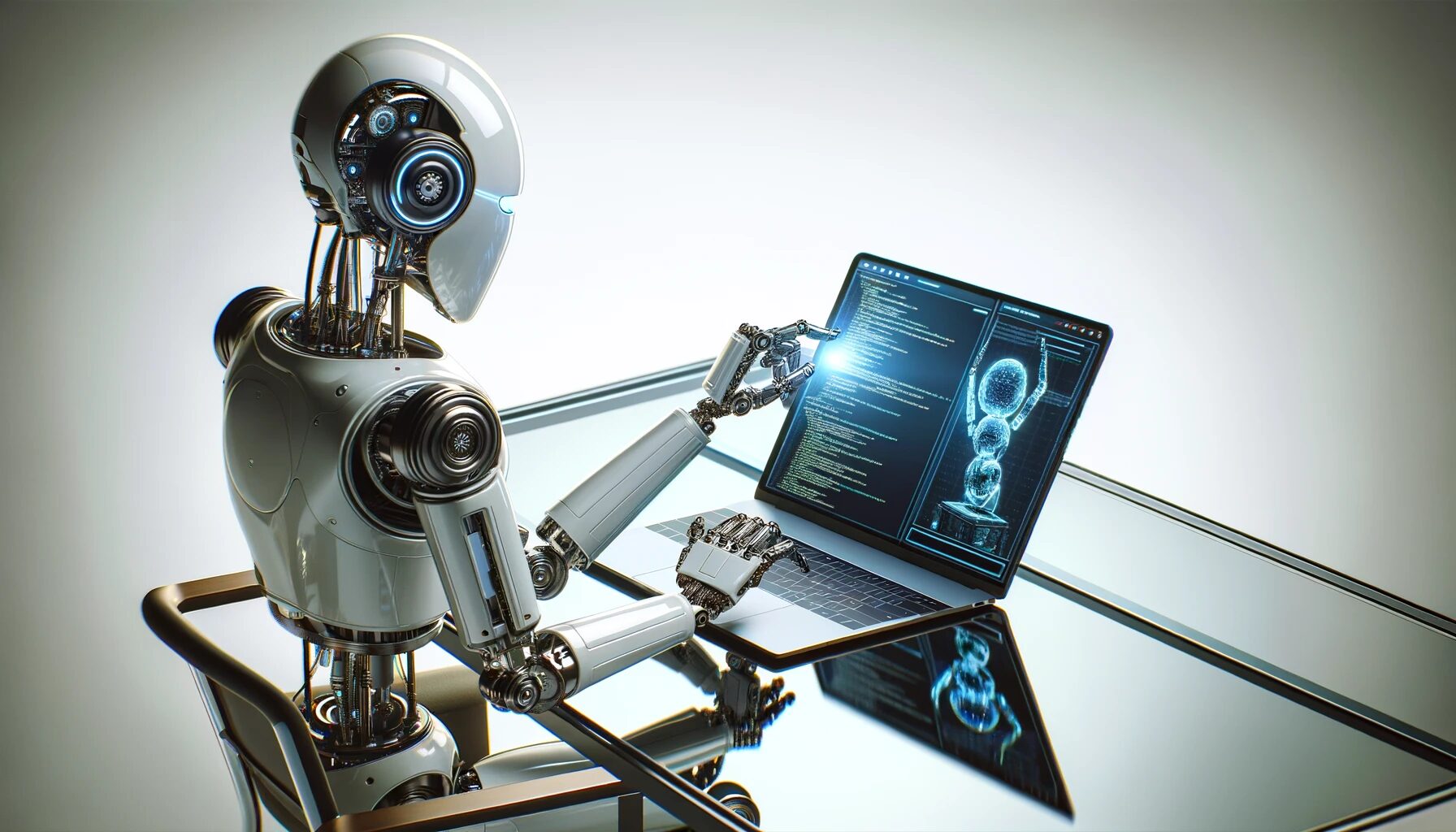You probably have heard the buzz about AI PCs and maybe wonder what those are all about. Microsoft is getting ready for its “year of the AI PC” with the announcement of two new Surface devices that won’t be sold directly to consumers. Google says this is used for things like enhancing photos and improving speech recognition in the Assistant.
What is an AI PC?
Everybody’s been talking about the “AI PC“, but what’s that, exactly? I spoke to experts from Intel and Qualcomm to find out. An AI PC is basically a computer built to optimize artificial intelligence tasks. It’s constructed with particular components that help improve performance in AI software, thus being really powerful for tasks that involve creativity, decision-making, and learning from data. In this respect, Intel has been right at the forefront of this innovation, launching their Intel Core Ultra processors, designed to significantly accelerate AI applications such as video editing and complex manipulations of images. These will bring not only more speed but also new levels of efficiency and power management to your computing tasks .
Understanding the Tech: CPU, GPU, and NPU
In fact, this is the heart behind every AI PC: the CPU, the GPU, and the NPU. The CPU executes general instructions, the GPU accelerates graphics and visuals, while what really differentiates an AI PC is the main distinguishing factor: the NPU. It is designed specifically for AI workloads, handling tasks efficiently that would be far too slow or cumbersome for a standard CPU. It’s serious enough about AI that it integrated NPUs into its most recent processors to handle LLMs and other AI-powered apps.
The Future of AI-Specific Hardware
For the most part, the chip race is heating up, especially when it comes to AI-dedicated hardware. The level of investments that companies like Intel have put into technologies designed for AI applications is increasing significantly. This focus has not only increased the capabilities of PCs but also inflated the market value of such tech giants. Consider, for instance, the rise in the AI space that has been made by Nvidia along with other chipmakers, which speaks to the growing significance and demand for differential hardware to support AI. As these technologies continue to evolve, one could expect even more advanced AI capabilities to form part of our daily devices; thus, complex models of AI might run locally on your personal computer in the future.

What does the future hold? The integration of AI into different sectors of industries will make it a high-demand industry where AI PCs become an obligatory tool for not only professional usage but also personal use. AI PCs will mark a significant evolution in how we interact with technology, opening up new avenues for creativity, efficiency, and personalization. The AI PC can certainly do some things, but it’s limited to tech demos and open-source tools you have to hunt down and install.

